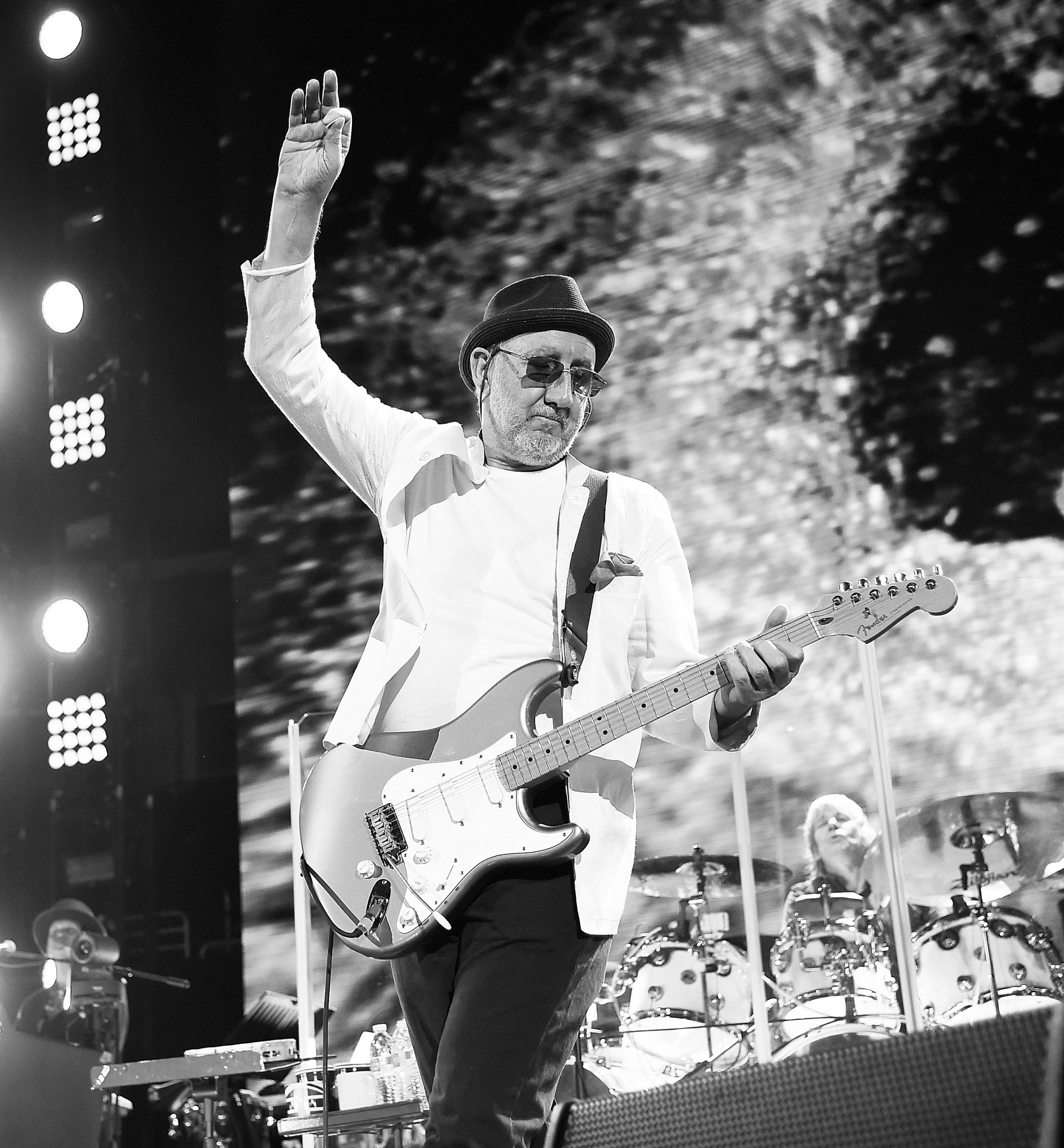

Which register are they playing? There’s a huge difference between virtual and real-life instruments. For example, a trumpet may play at the same register as a piccolo flute, but that doesn’t mean they’ll sound good together. Group instruments by tone color, not register. Firstly, constant full-on intensity will sound tedious and secondly, more power equals less blend. How many instruments are playing the line? The more players, the more powerful the line. The most difficult voices to hear are those in the middle. What’s the vertical relationship between the parts? The top line of the texture is easiest to hear, the bass line the next easiest. To make sure that each line is clearly heard, here are some things to bear in mind: You don’t want instruments competing against each other, or drowning out the vocal line in a muddy wash of sound. After all, you’re aiming for rich orchestral color. Balance, Blend, and InstrumentationĪs an orchestrator, finding balance and blend is the most important part of the job. However, if you’re new to orchestration then there’s only one sure-fire way to gauge each instrumental family’s power and sound: listen to them. A vocal track may need the more intimate sound of smaller chamber orchestra.Īs a general rule when it comes to the orchestral weight and force, brass and percussion are the strongest, followed by the strings, then the woodwind. A cinematic film score may need the supercharged power of a full-size symphony orchestra. The size of the orchestra is up to you, and largely depends on your original musical idea. Before you start, it’s worth knowing how the orchestra is laid out: There’s a lot of choice when it comes to instruments, and finding the right voice for each line can be daunting. It’s worth taking the time to make sure you’re happy with the notes before you start deciding which instruments should play them. In short, well-composed music will always translate better to the orchestra. Whatever you’re orchestrating, because the musical substance doesn’t change, try to have the whole piece in place before you start.
#How to write a rock opera movie#
You may want orchestral power behind a vocal track, or use it to bring a movie soundtrack or TV ad to life. More about this later, because the definition above also brings up the next question. Sounds simple?Īctually, one of the main difficulties with orchestration is also one of its greatest advantages: you’re writing for real musicians playing real instruments, and they have limitations. With music orchestration, the musical substance remains essentially unchanged, but the melodic lines are given different voices. It may be given different instruments or voices, re-harmonization, additions, modulations and paraphrasing. Music arrangement takes the original composition then adapts and develops it. But if you’re an inexperienced music orchestrator, or you’re used to writing for virtual instruments, how do you make a real-life orchestra sound good? In this blog, we’ve set out some of the most useful music orchestration tips.īut before we get to the techniques, let’s start with an important question: What’s the Difference Between Arranging and Orchestrating? Musically, it can do almost anything – and it’s capable of expressing every imaginable emotion.
#How to write a rock opera how to#
How to orchestrate music? The orchestra is the ultimate ensemble.


 0 kommentar(er)
0 kommentar(er)
